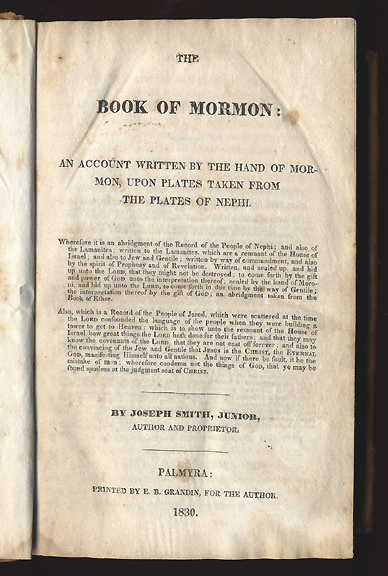Conservative senator Doug Finley: charged with election law violation, along with one other Conservative senator and two Conservative operatives. The charges are serious enough that they are facing jail time.
A partial list from Lawrence Martin:
Just recently, we had the document-altering scandal featuring International Co-operation Minister Bev Oda, who appears in the House of Commons for Question Period but refuses to answer questions on the matter.
Just recently, we had new revelations in regard to the government’s so-called integrity commissioner, the one who received 228 whistleblowing complaints and upheld not a single one. She left with a half-a-million-dollar severance package – and a gag order to go with it.
Just recently, we learned that the office of Immigration Minister Jason Kenney used ministerial letterhead to raise money for the Conservative Party. We’ve also seen a contempt of Parliament motion brought against the government for its refusal to disclose basic information on the costs of crime bills and on corporate profits. And we’ve seen the Conservatives release attack ads of such questionable quality that they were withdrawn.
Just recently, The Canadian Press reported that, in the tradition of l’état, c’est moi, the Prime Minister is insisting that “Government of Canada” nomenclature be changed to “the Harper government.” Some wag suggested the PM might want to change his own name – to Stephen Hubris.
Just recently, the PM appointed Tom Pentefountas as vice-chairman of the CRTC. Mr. Pentefountas comes equipped with two qualifications: his close friendship with the PM’s director of communications, and zero experience in telecommunications.
Also recently, four Conservatives, including two senators, have been charged with breaking federal election law.
There’s more. Make your own list.





